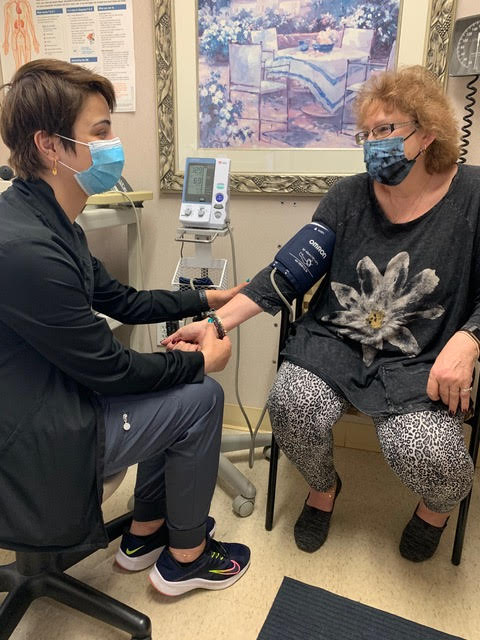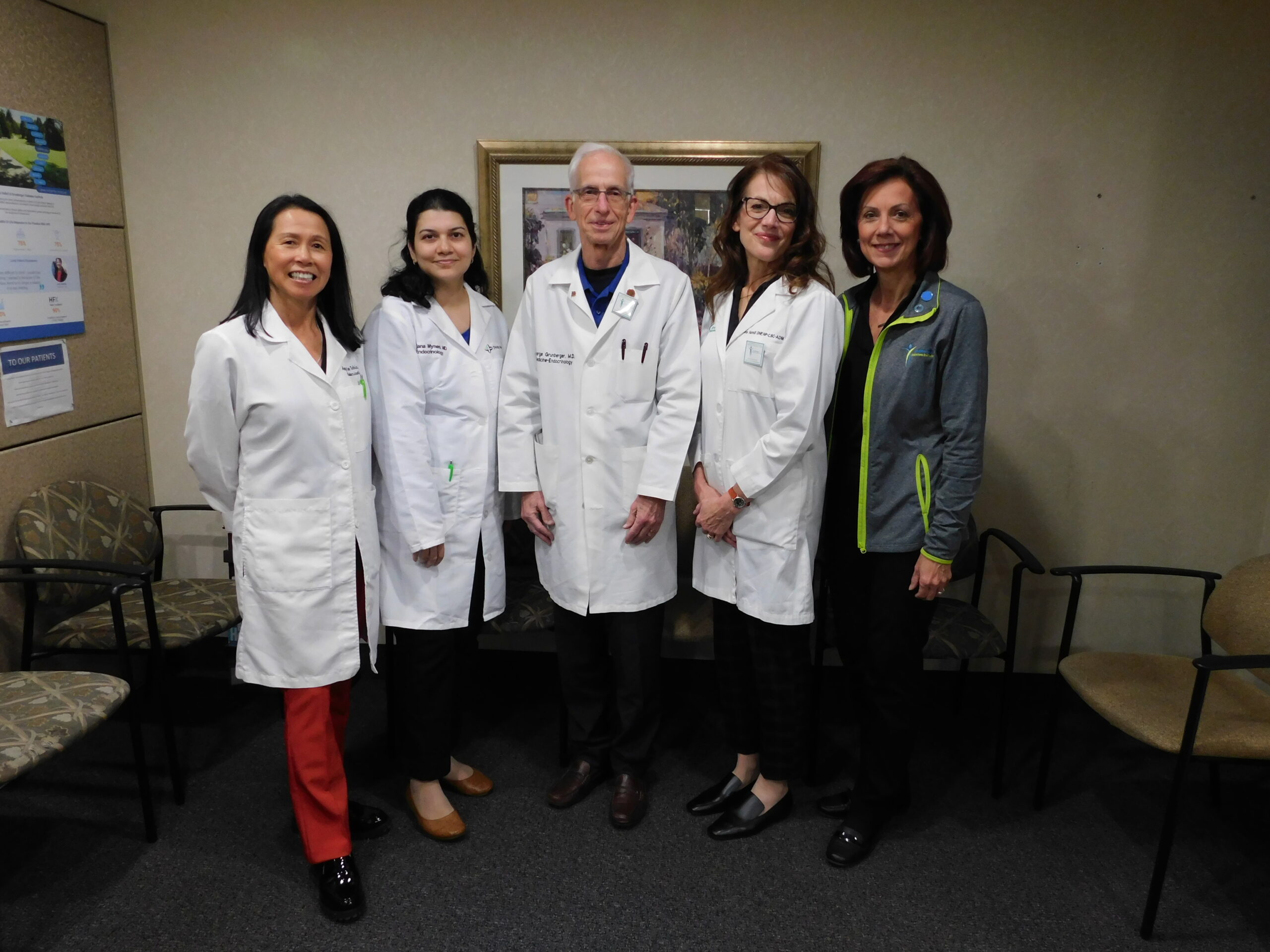High Blood Pressure
High Blood Pressure

Hypertension or high blood pressure is often a silent problem. If you have constantly elevated blood pressure you can damage blood vessels, cause kidney damage, and increase your risk for heart disease, including heart attack or stroke. Monitoring your blood pressure at home is often advised as a way for you to better understand your overall blood pressure.
At GDE, we will address elevated blood pressure depending on its cause. The majority of hypertension is referred to as primary essential hypertension. This happens when the arteries are stiffened through multiple genetic, coexisting diseases, and lifestyle habits.
Less common causes of high blood pressure are due to hormone-producing tumors of the adrenals (pheochromocytoma, Conn’s syndrome, Cushing’s syndrome) or parathyroid gland (parathyroid adenoma). In rare cases, significantly under-active thyroid can also be the underlying issue.
The American Association of Clinical Endocrinologists (AACE) and other professional organizations (such as American College of Cardiology/American Heart Association) recommend a blood pressure goal of ~130/80 mmHg for most patients. The goal has been established because it is a blood pressure level at which people have less risk for cardiovascular disease, kidney damage and stroke. The first treatment that cannot be overlooked is changing one’s lifestyle – losing weight as needed, increasing physical activity, stopping smoking, and limiting salt intake which can increase blood pressure.
For patients with diabetes, the first-line treatment of hypertension after lifestyle modification is usually a medication from one of the classes known as ACE inhibitors (those ending in “-pril”) or ARBs (those ending in “-sartan”) – because they can also protect the kidneys. If the blood pressure still does not meet the recommended goal, adding a beta blocker (ending in “-olol”), a calcium channel blocker (ending in “-ipine”) or a diuretic (such as hydrochlorothiazide or chlorthalidone) until the blood pressure goal is reached is advised.
If the initial blood pressure exceeds 150/100 mmHg, two classes of medications are recommended as the initial treatment. The order in which these medications are added is not as important as making sure blood pressure goal is achieved.
The patient’s blood pressure then will be evaluated at least every 2-3 months and an additional medication added until the blood pressure goal is reached. You are not “sicker” if you need more medications; each blood pressure medication works in a different way to achieve the goal. The endocrinologists at GDE, will evaluate you by understanding the cause of your hypertension. This will allow us to get your blood pressure under control while lowering your risk for negative outcomes.
Reach out today to start lowering your blood pressure to within normal limits today!

